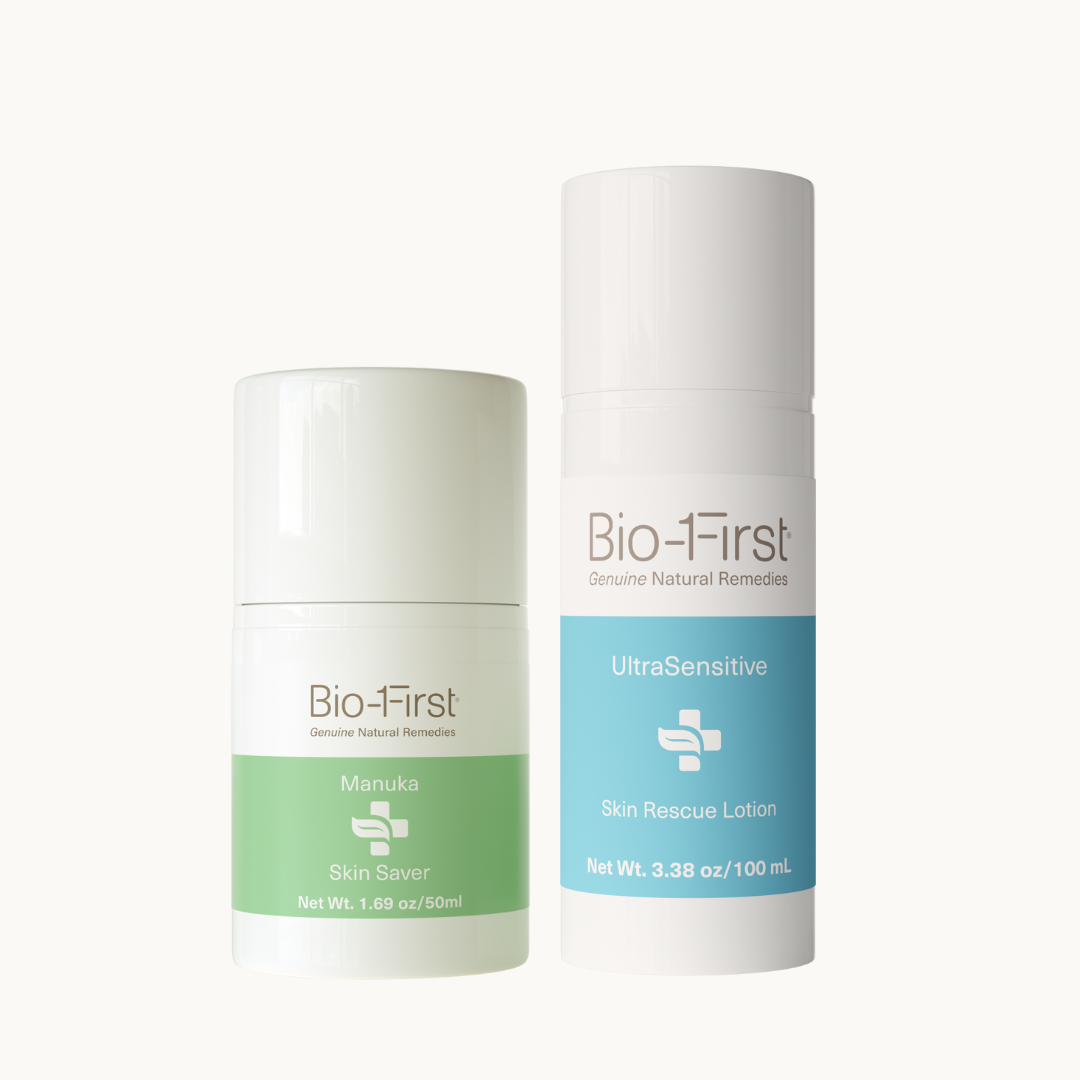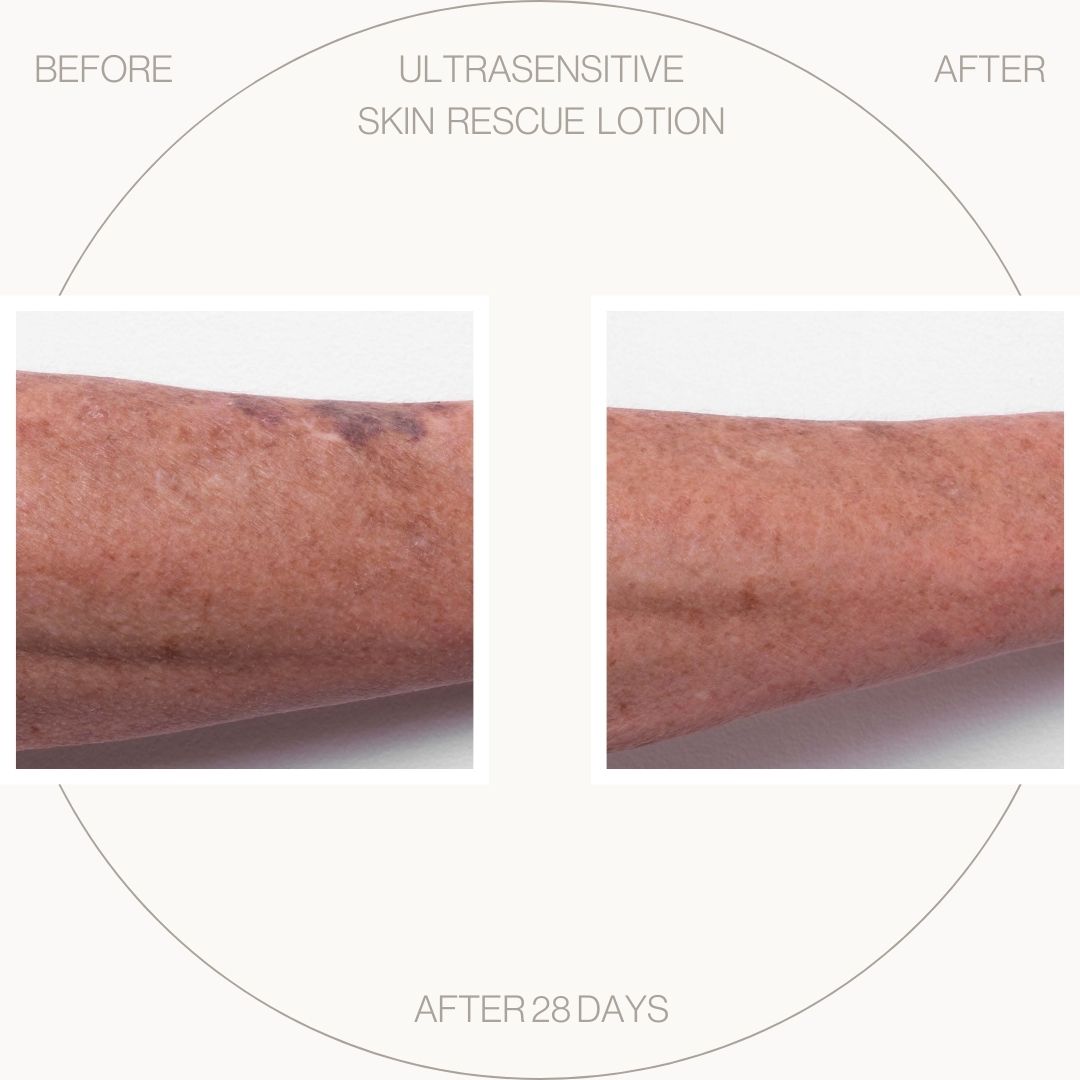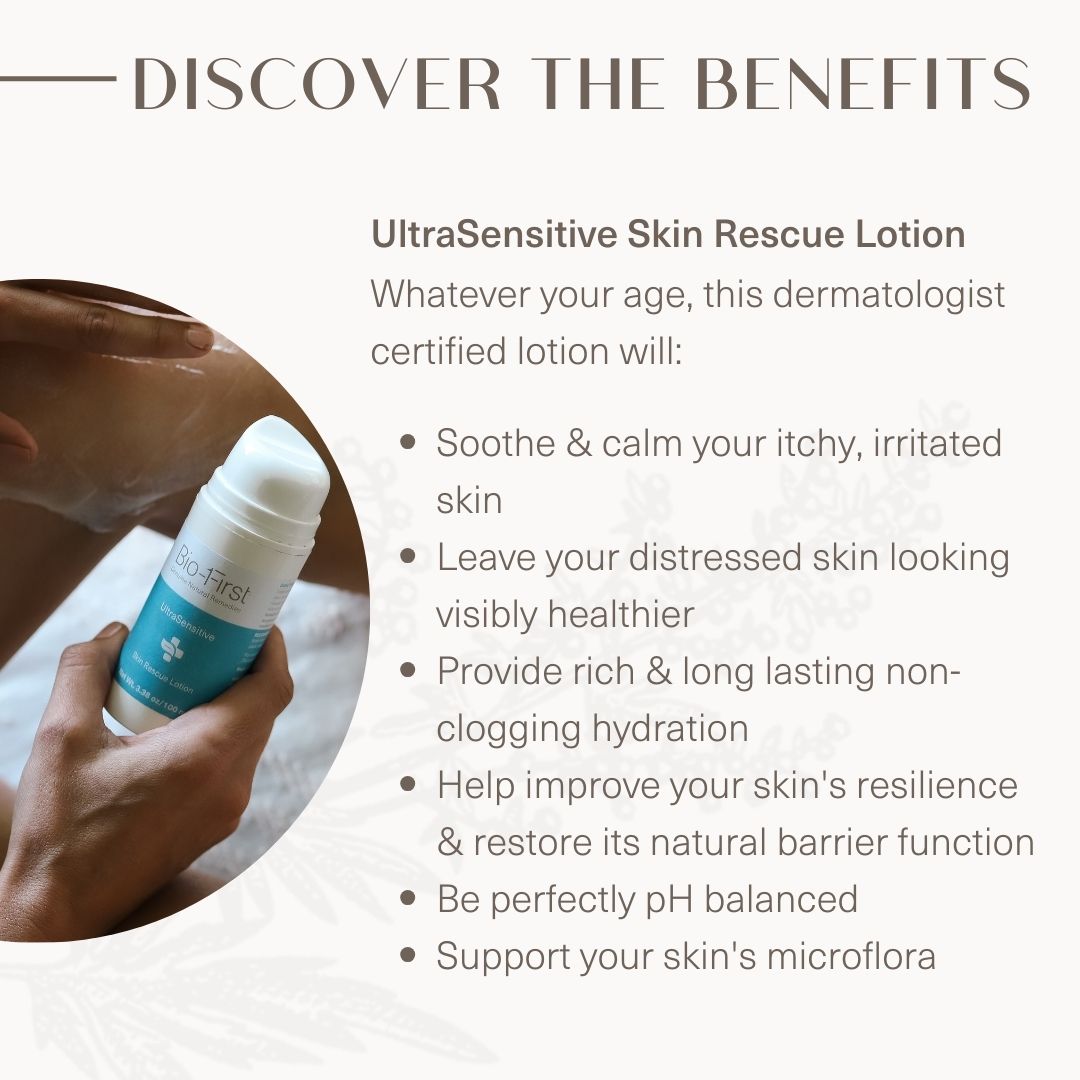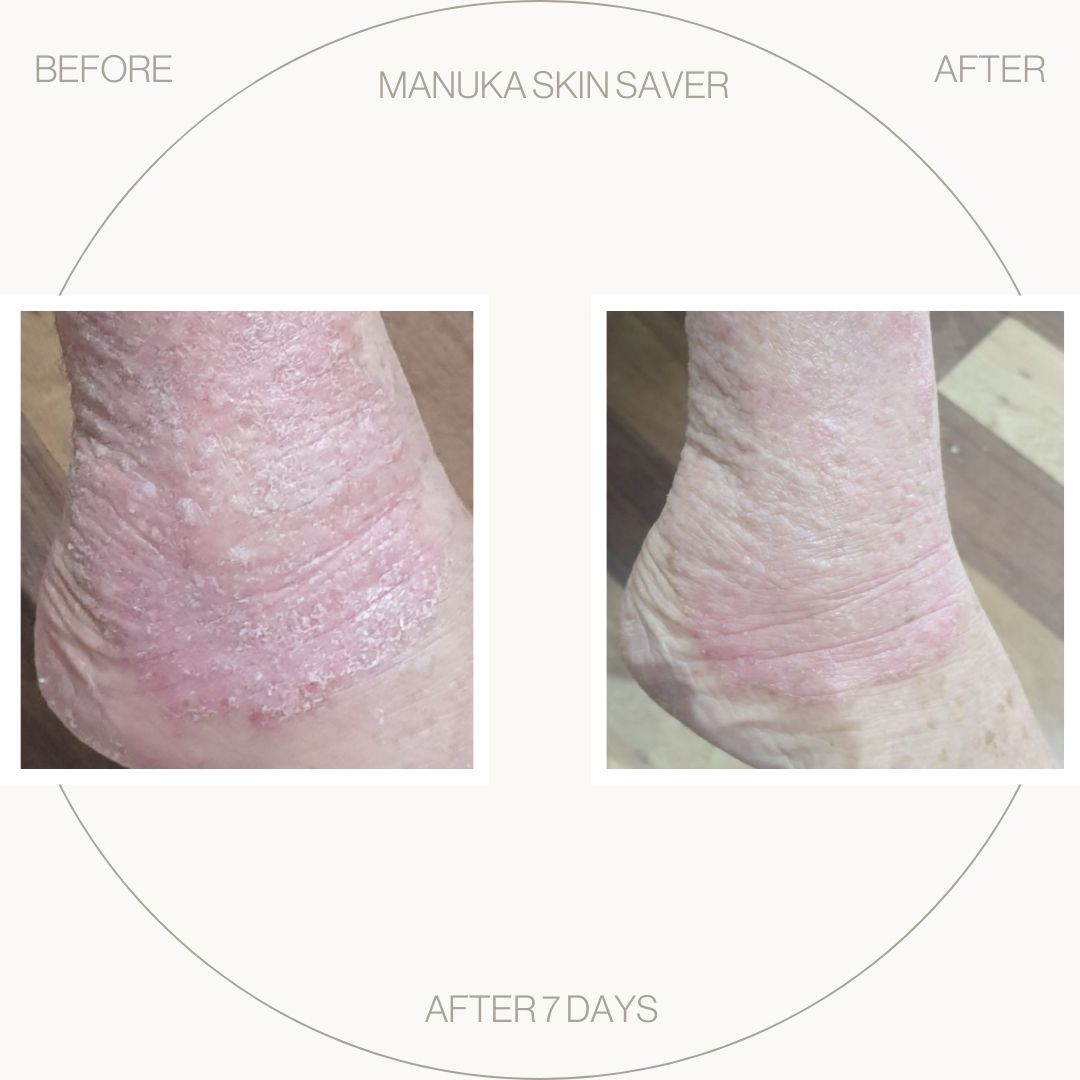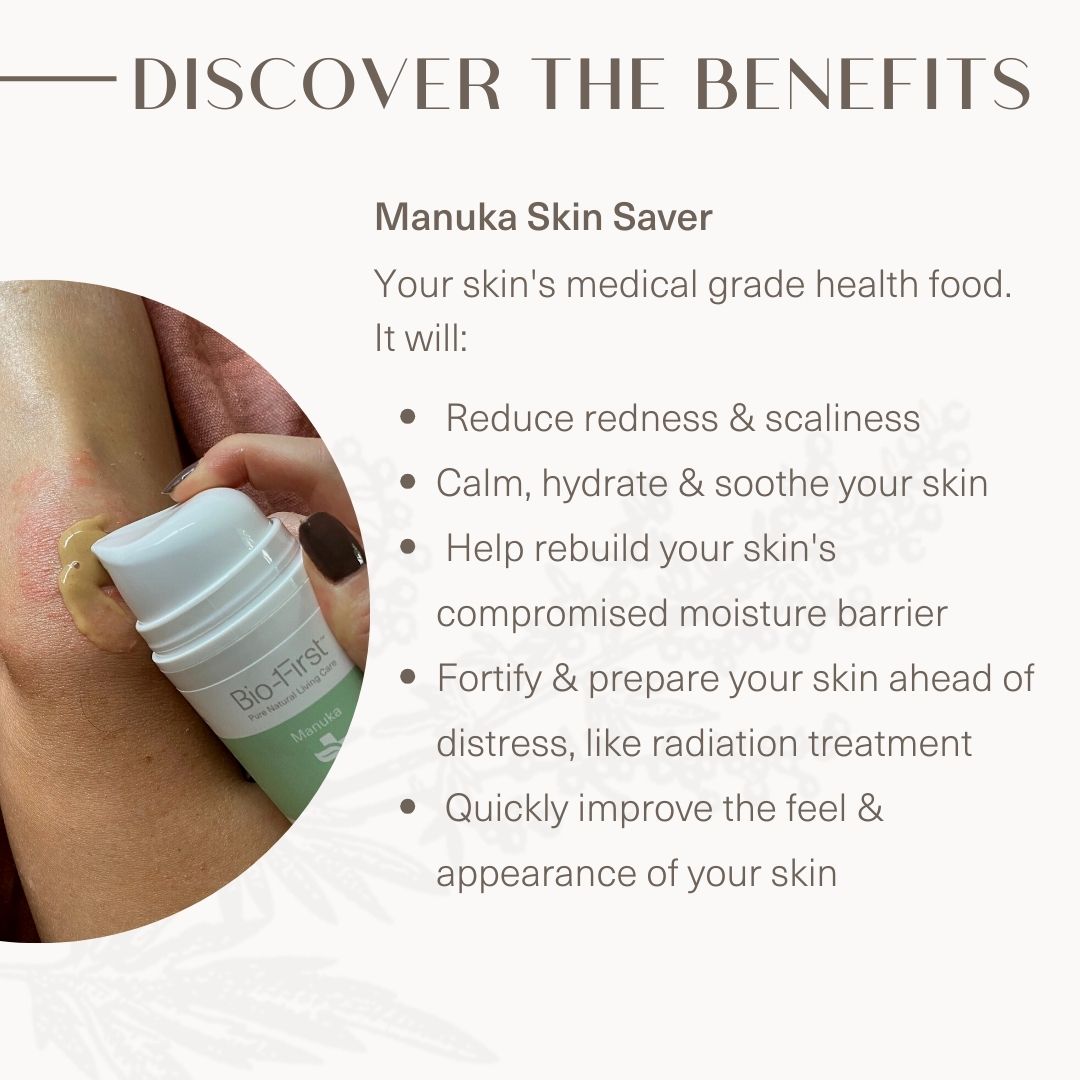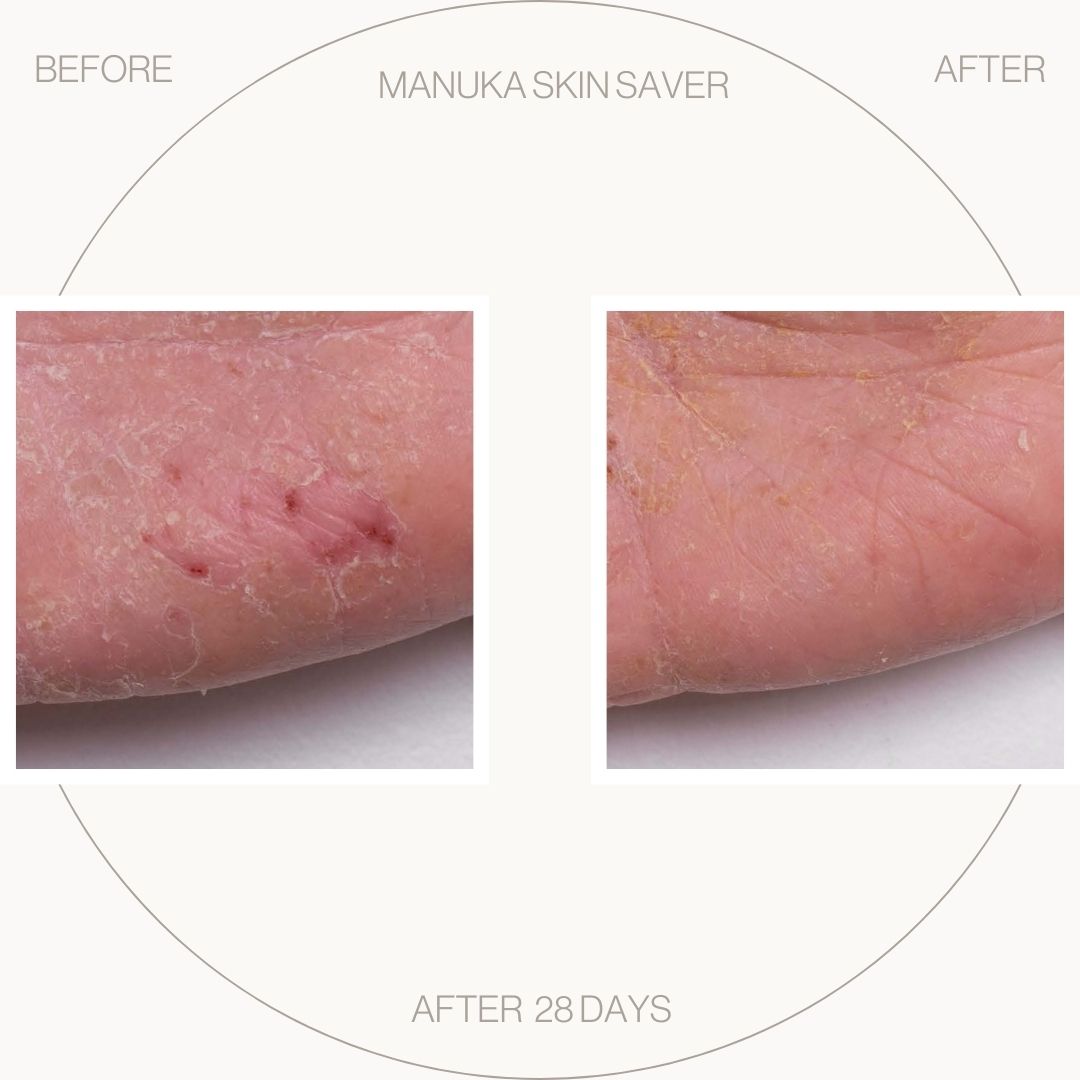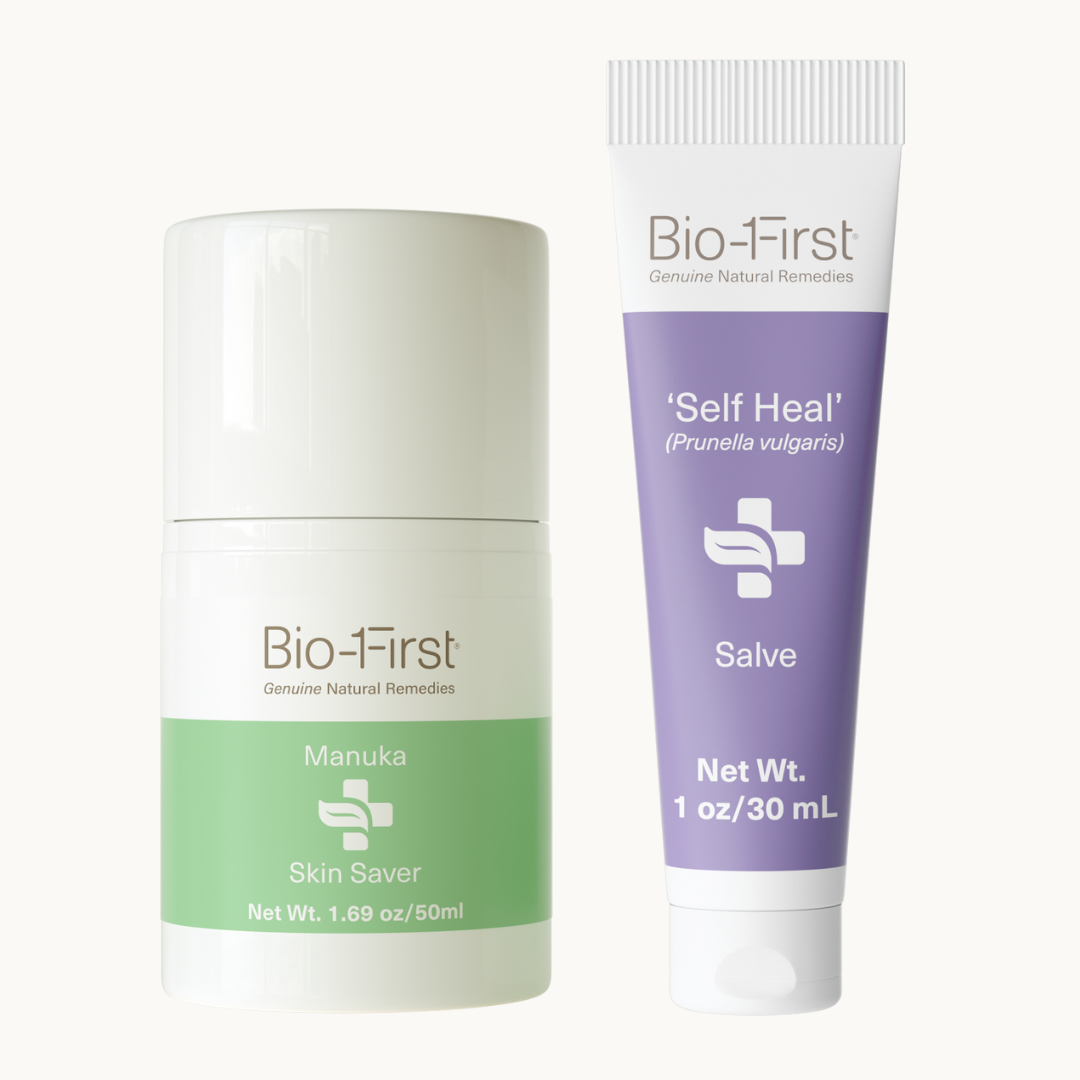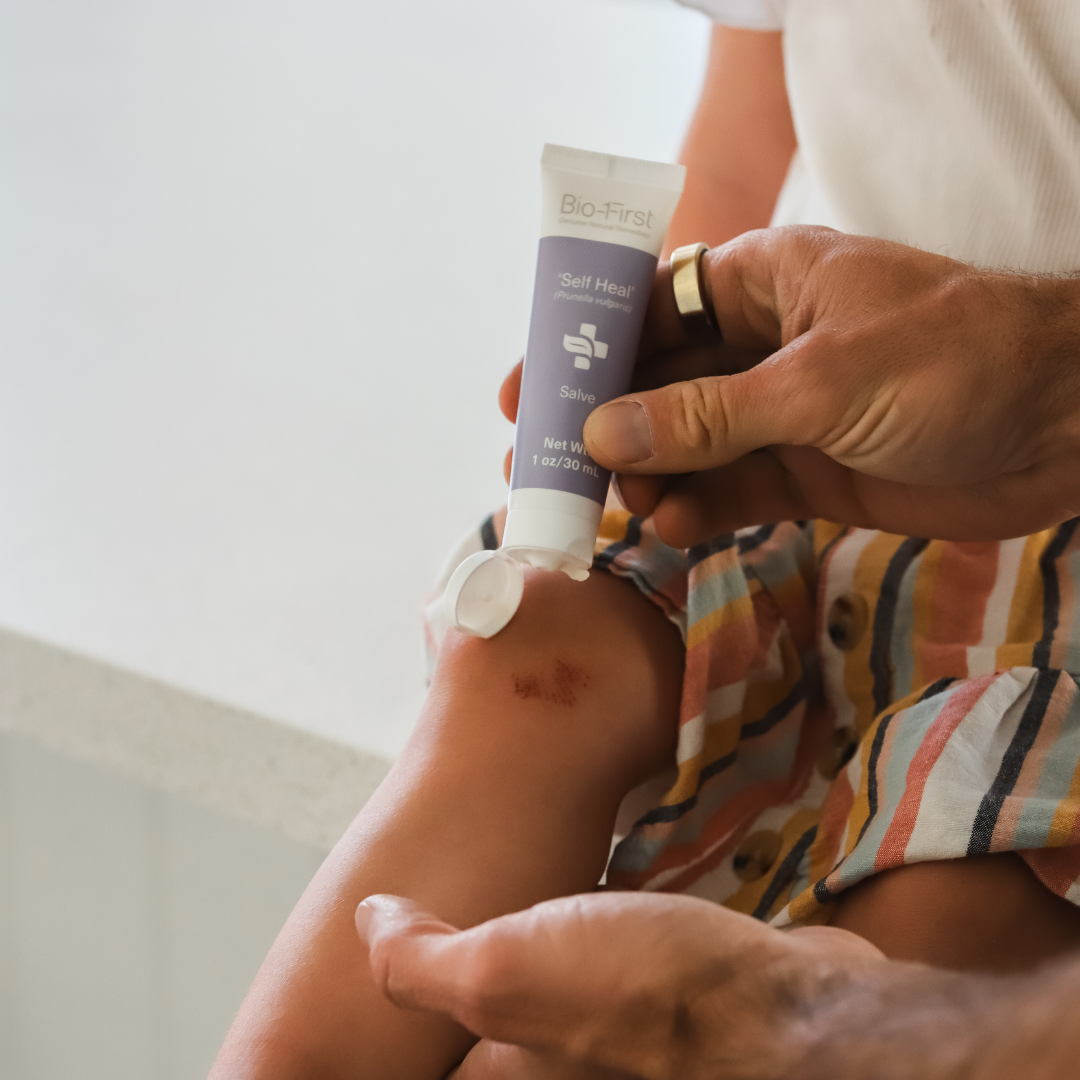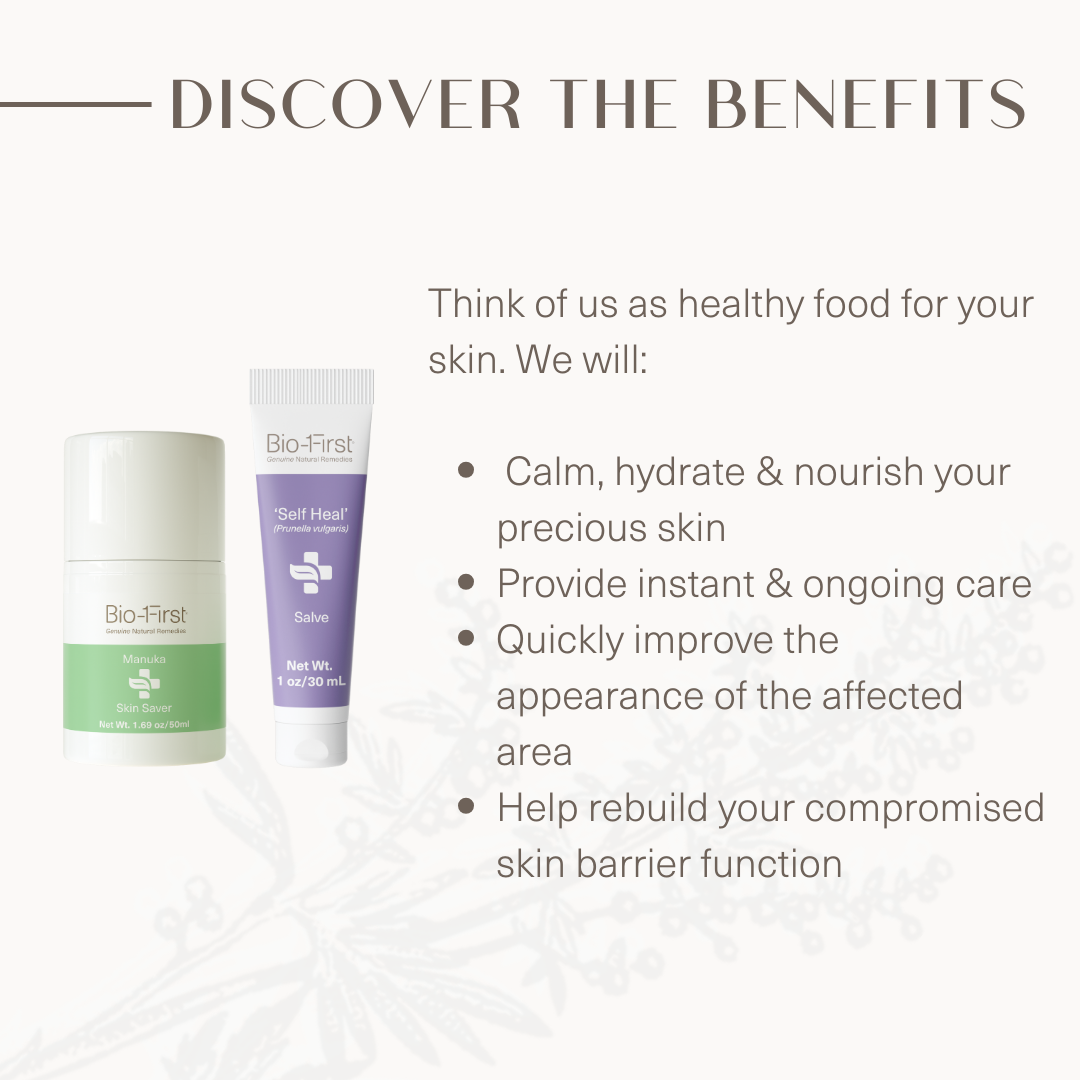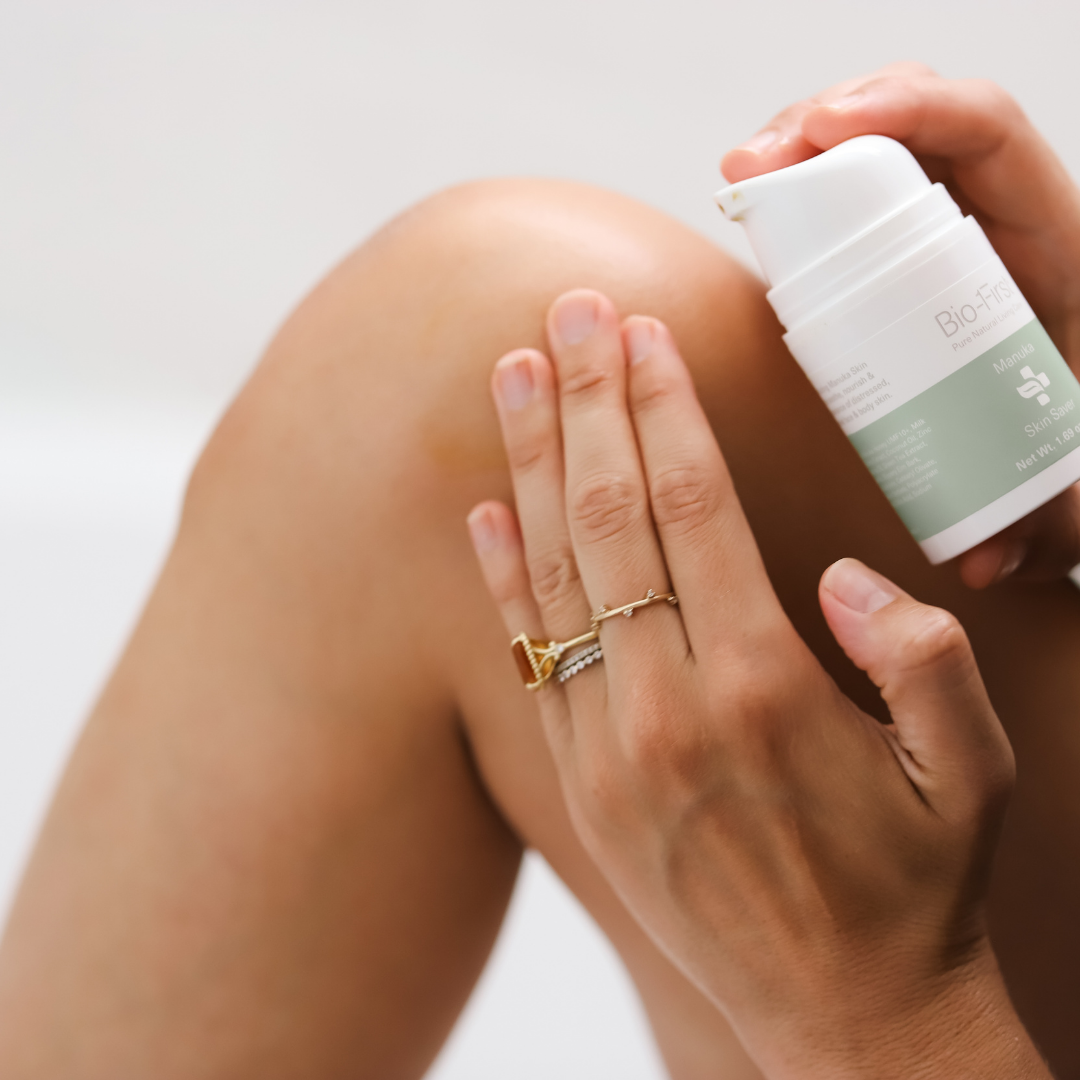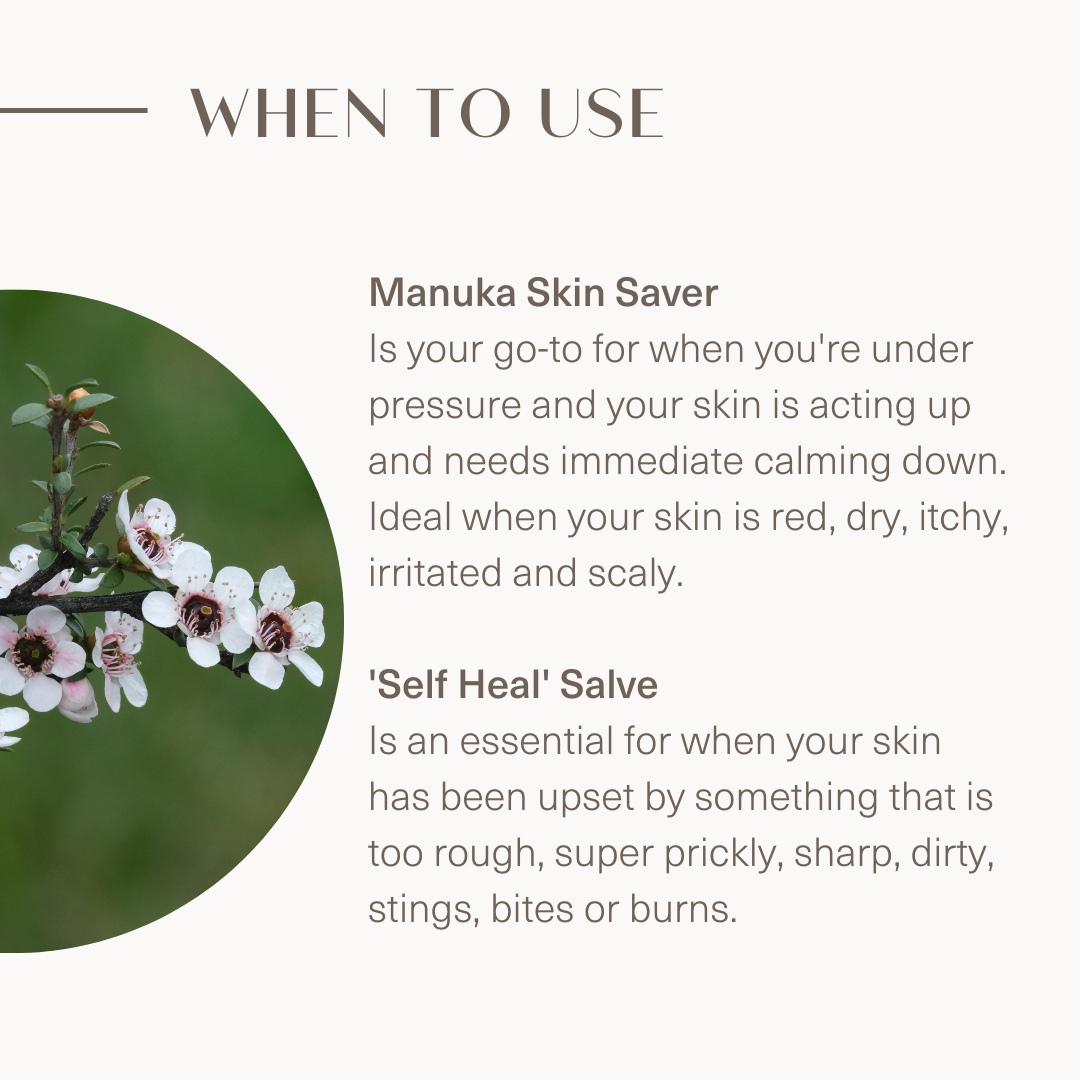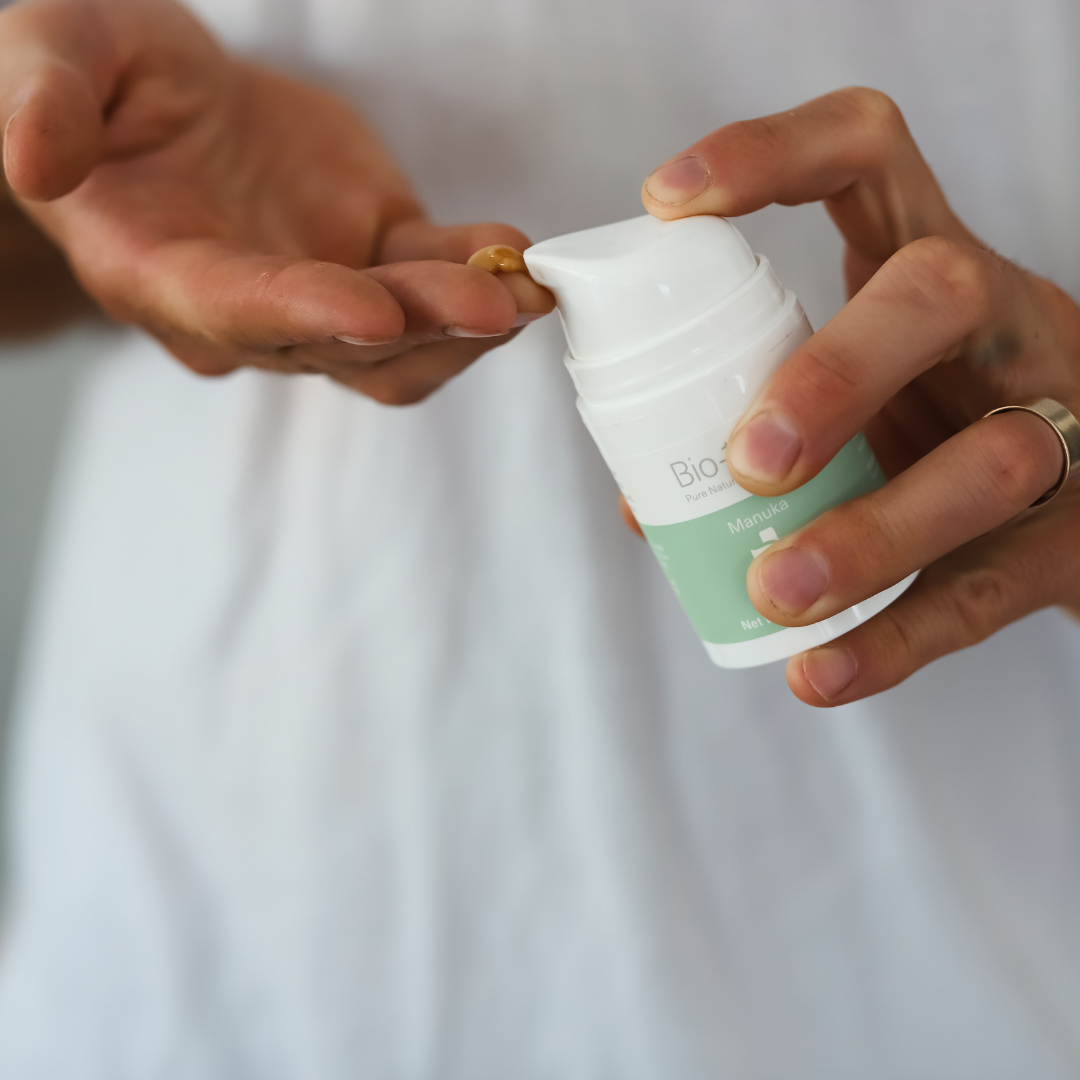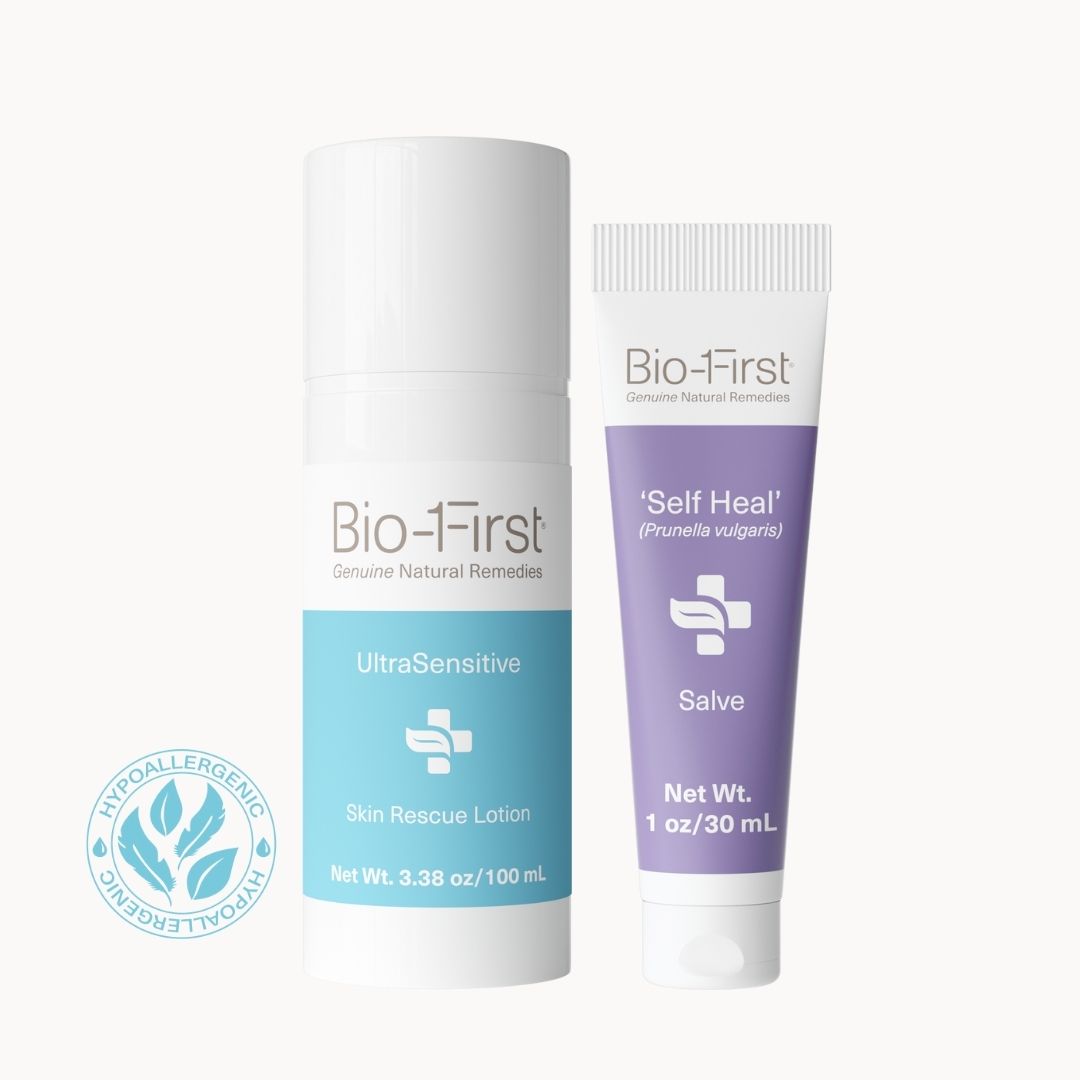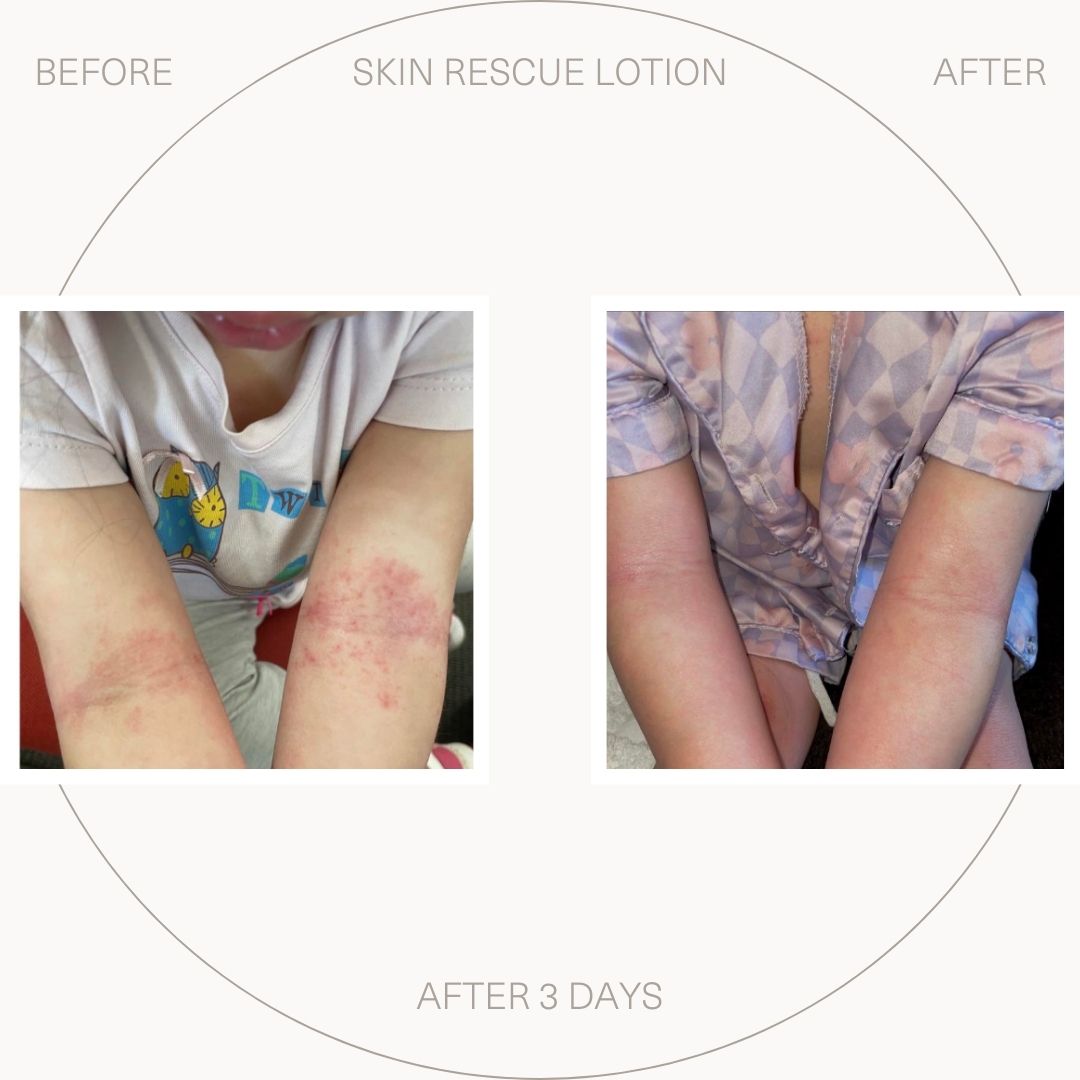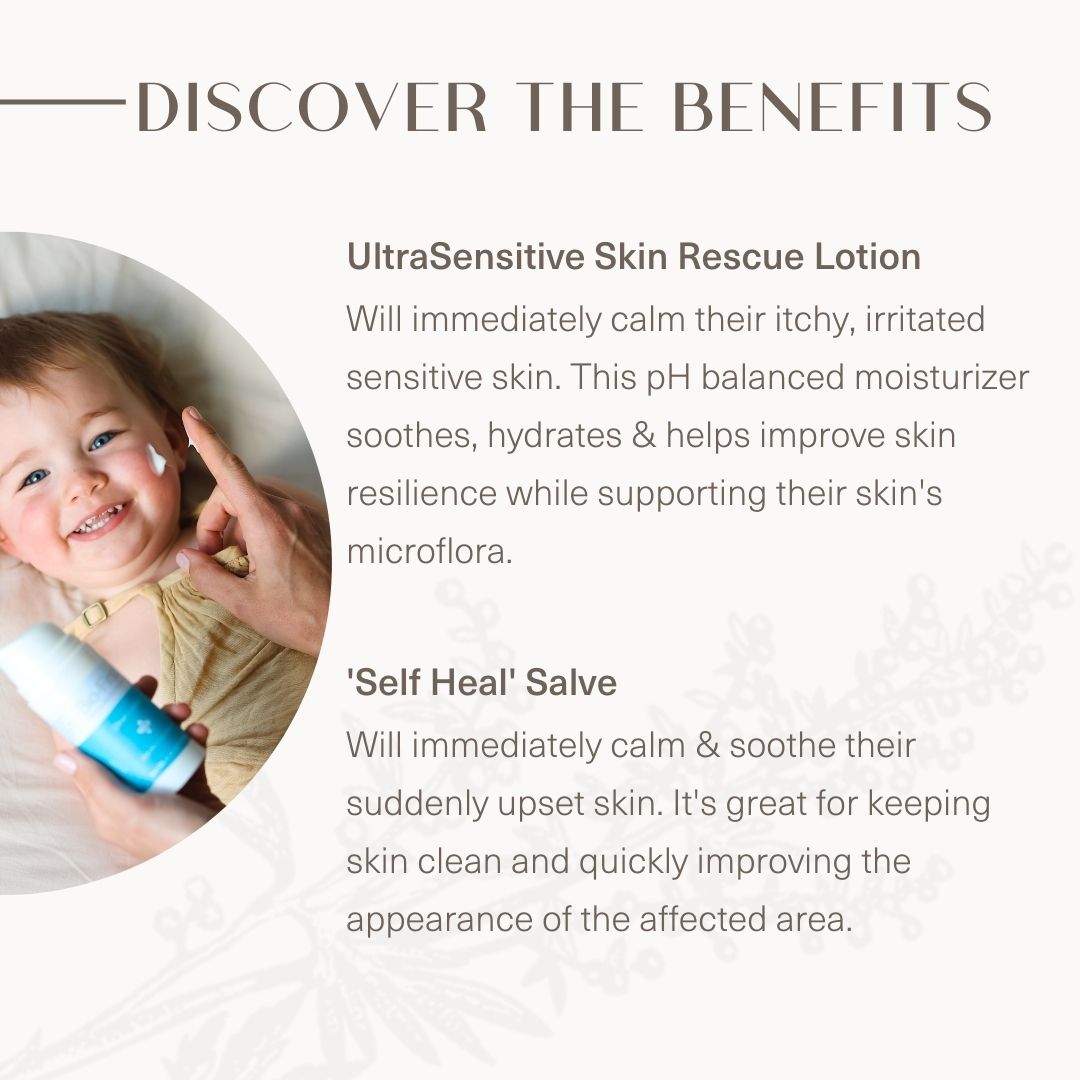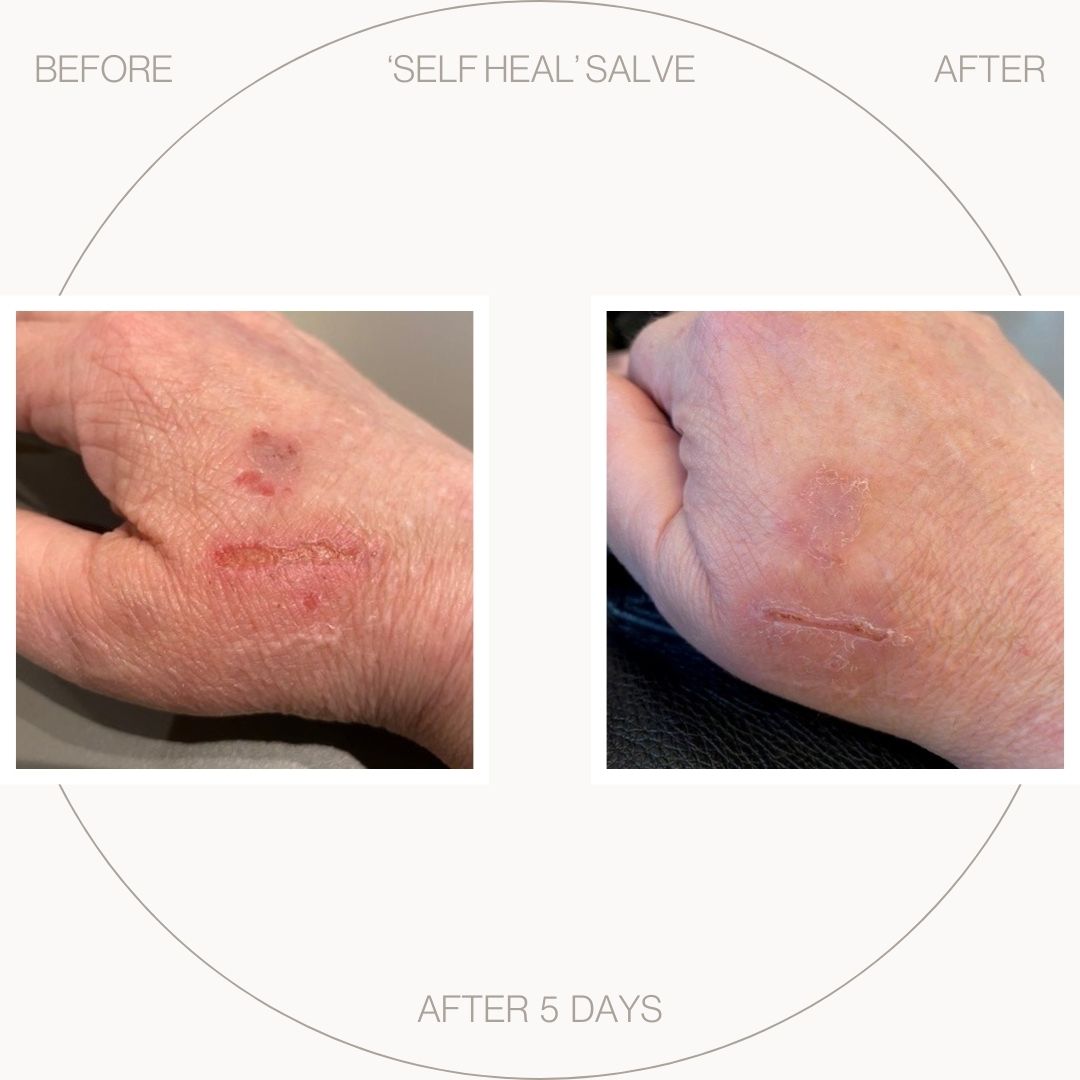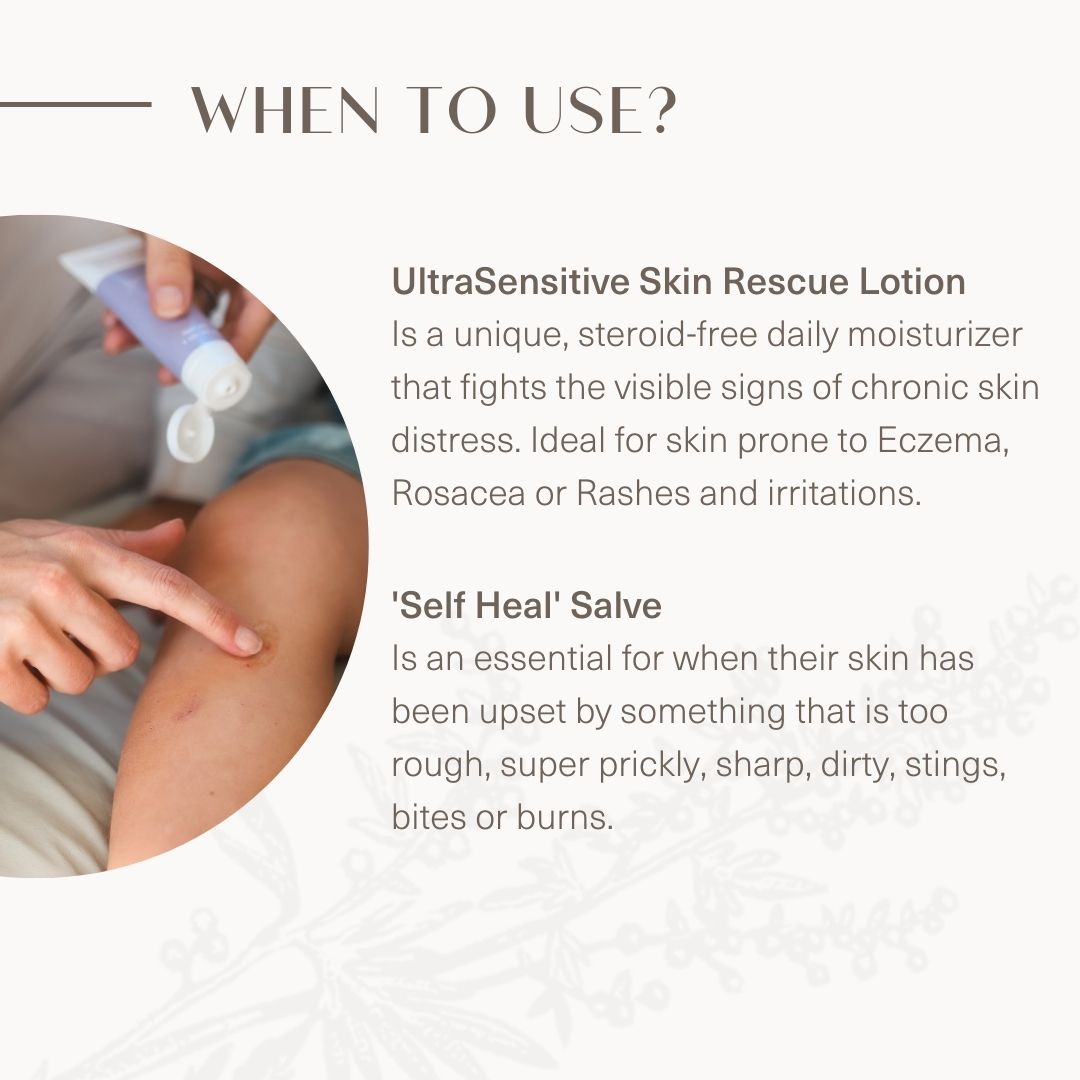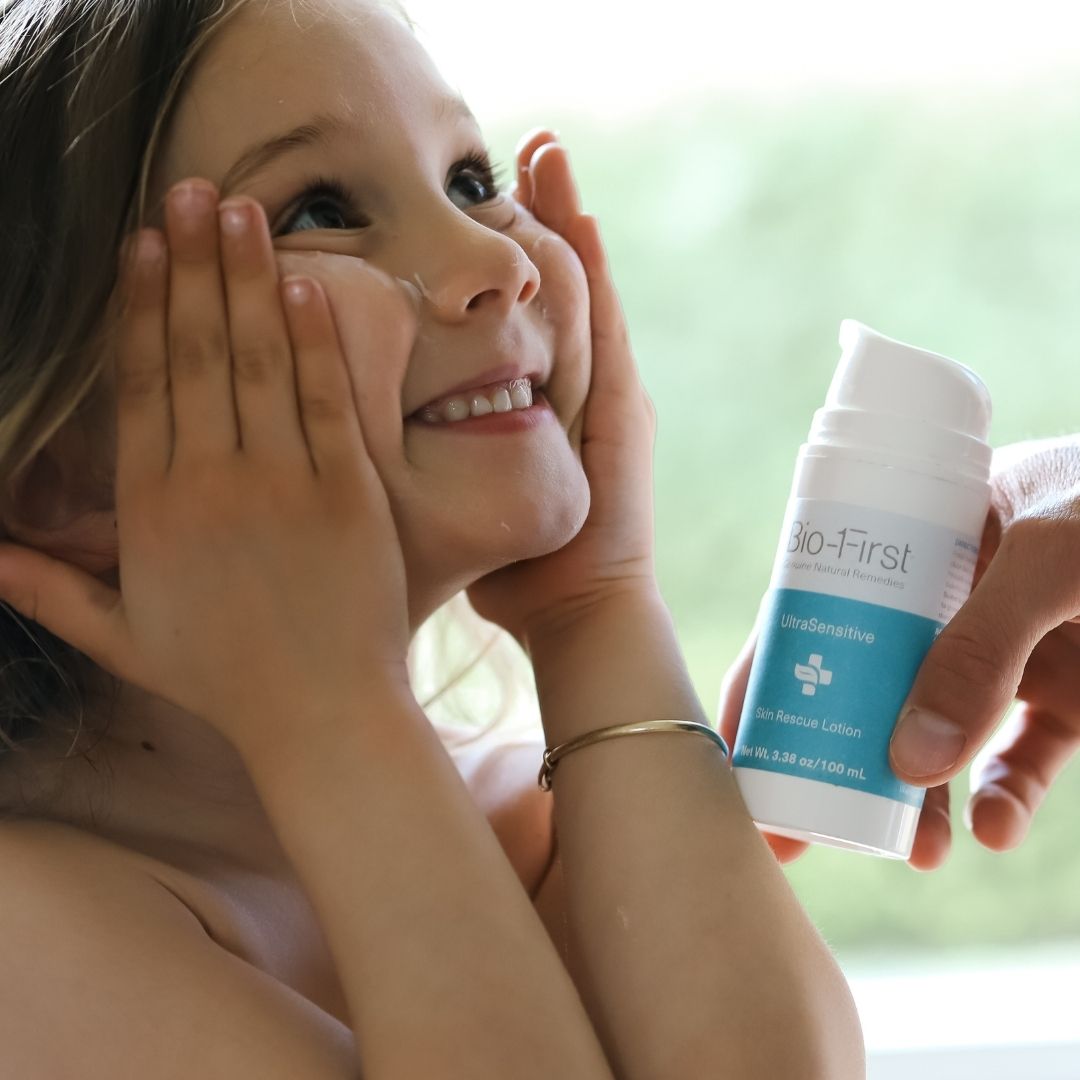Let’s be blunt - Toxic substances are in our food, households, on our skin, in the air, soil and water.
How to Avoid Toxic Load?
We can’t change the air we breathe, the water in our taps, the soil beneath our feet… but we can reduce the toxic load by limiting:
- Type of exposure
- direct ingestion/putting in your body is worst
- Degree of exposure
- check levels/amounts if possible and minimise
- Length of exposure
- risk from occasional use is far less than everyday
- Total exposure
- be aware harmful effects are additive and cumulative
Of course we need to know what to look for so here's a basic list of nasties to keep away from our insides :
and in case you thought 'health' supplements would surely be safe, watch out for these unfortunate inclusions and substitutes:
- Acetates
- Palmitate
- Thiamine mononitrate / hydrochloride
- Calcium pantothenate
- Pyridoxine hydrochloride
- Cobalamin
- Choline chloride or bitartrate
- Dicalcium phosphate
- Irradiated ergosterol
- Dl-alpha tocopherol acetate
These are all involved in synthetic vitamins, manufactured from bases including coal tar, petroleum, acetylene gas, GMO corn etc. using acetone and hydrochloric acid in the process.
Also choose Omega-3 oils carefully to ensure they’re free of PCBs.
While a tiny amount of ascorbic acid is acceptable as a preservative and pH balancer, a spoon of ascorbic acid powder (synthetic Vitamin C) is not, and it will be full of fillers and anti-caking agents as well. No good at all for children.
While we’re on the topic of mainstream brands and products, be cautious with use of common cough syrups as in addition to the above they often contain:
- Alcohol/ethanol
- Pseudoephedrine
- Dextromethorphan
- Diphenhydramine
- Bromhexine
- Salbutamol
How do I Avoid These Toxins in Real Life?
In real day to day life we can’t be examining and analysing every product or food!
These suggestions may help limit your family’s toxic risk when it comes to what you consume:
- Use organically grown fresh produce if you have this option
- Install a good water filter for drinking and cooking
- Only use supplements made from food and safe sources
- Stick to trusted brands with transparent ingredient disclosure
- Look for independent verification of the brands claims from organisations like Think Dirty
- Look for independent awards that only allow non-toxic products like the Clean + Conscious Awards
- Get independent guidance from independent organisations like EWG, Think Dirty or Toxinless.com
Lead by example with your children so they learn to protect themselves too, and don’t hold back in asking companies exactly what’s in their products!
Blogs on similar topics:



